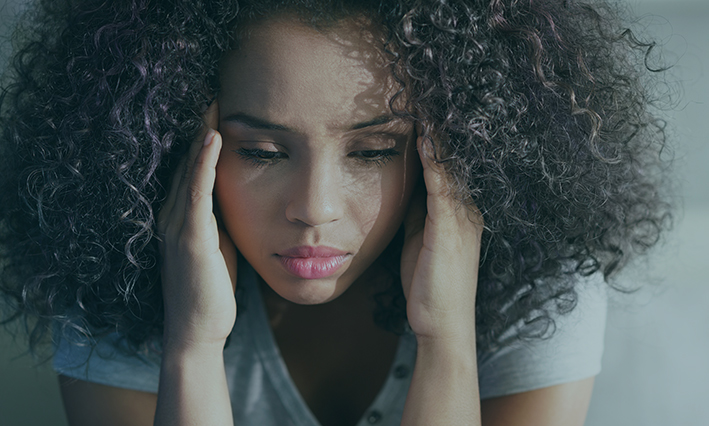How do we make sense of anxiety?
Anxiety is our body’s way of recognising fear when confronted with a stressful situation. As a result, you may become jittery, sweaty and start to tremble. This is perfectly normal and just a physiological stress response. Occasionally, we experience anxiety fleetingly when giving a speech to a public audience, presenting a pitch to clients or taking a test for the first time. However, chronic anxiety that does not seem to go away needs to be treated in order for you to return to your normal way of life.
Is there a way of recognising my anxiety?
Normally, common signs of anxiety include:
- Irregular, fast-paced heartbeat
- Inconsistent, rapid breathing
- Difficulty concentrating
- Sleeplessness
How do I know I am having an anxiety attack?
Each individual's experience is different, but common signs of an anxiety attack include:
- a racing heartbeat.
- feeling faint.
- sweating.
- nausea.
- chest pain.
- shortness of breath.
- trembling.
- hot flushes.
Why do I have anxiety?
Several factors play a role in anxiety development, which could be triggered by environmental stressors, genetics, or chemical changes in the brain. Perhaps you know of a family member who struggled with anxiety. If so, anxiety could run in the family just as any other physical ailment would.
Is there an anxiety test?
While there is no specific test for anxiety, there are methods doctors can utilise to rule out other medical conditions that mimic anxiety. Usually, urine and blood tests help rule out these underlying conditions causing symptoms of anxiety.
Generally, diagnosing anxiety does not only involve a single test but multiple tests such as a physical exam, mental health evaluation and a psychological questionnaire.
How can Dr Bosman help?
Once Dr Bosman confirms your diagnosis of anxiety, he can commence treatment immediately. Through the right treatment, your day-to-day life will appear more manageable. A combination of prescription medication and psychotherapy helps treat severe anxiety. Dr Bosman will decide on the best possible treatment, depending on your diagnosis, feelings and preferences.
What are the costs of untreated anxiety?
- Depression
- The abuse of toxic substances such as alcohol and illegal drugs
- Living in isolation
- Sleeplessness
- Digestive illnesses
Myths about how to deal with anxiety
- Anxiety is not considered an illness
- Being shy and having social anxiety are the same thing
- Anxiety disappears without treatment
- If you have been diagnosed with anxiety, you should avoid stressful situations.
- Anxiety disorders are noticeable


